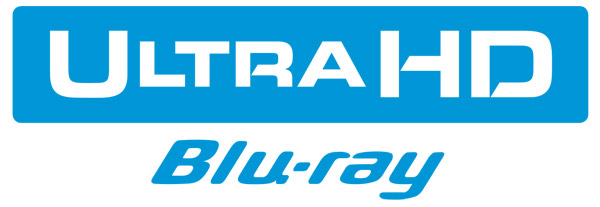[18:24 Wed,20.February 2019 by Thomas Richter] |
Samsung will not produce any new Ultra HD) Blu-ray (aka 4K Blu-ray) players - the market launch of a new high-end model planned for this year was even cancelled at short notice - furthermore Samsung does not want to release any new 1080p Blu-ray players anymore (at least in the USA). With this decision by Samsung, the future of UltraHD 4K Blu-ray looks even more bleak. The format was not launched until 2016 in order to be able to play 4K content in high quality and independent of the network via a physical medium. New 4K Blu-rays (such as "Bohemian Rhapsody") from 20th Century Fox will be released in the new dynamic HDR format HDR10+, which looks better than HDR10, but can lead to displeasure from potential buyers, because there are two different formats (Dolby Vision and HDR10+) and only a few players/TVs that can both play. And a confusion of formats is the last thing a still fragile market can need for a new medium.  With prices between 23 and often over 30 Euros, a still very small range of films and often (depending on the setup) barely noticeable picture quality advantages compared to highly scaled HD, Ultra HD Blu-ray is not exactly a self runner - especially since digital online versions of the same films are significantly cheaper. The market share of 4K Blu-ray Discs (in the USA) is therefore currently still very low at 5% - although there are more and more (and bigger) 4K TVs in the households. Sales of normal (SD) DVDs still account for the lion&s share of 57.9% of all optical media. The big competitors for 4K Blu-ray are of course the big streaming portals like Netflix and Amazon, which offer more and more content in UltraHD 4K and are much more mobile than physical media when it comes to compatibility with new (HDR) formats. An update of the playback app on SmartTV including new coding of your own content is relatively easy to realize. And for film studios, digital versions of their films (e.g. via Apple iTunes, Amazon Prime or Netflix) also offer advantages over optical media: the licenses can be allocated dynamically and there is no need to produce and distribute expensive discs. But the future of Ultra HD Blu-ray is decided by the viewer - with sufficient sales, enough films will be released as 4K BD, the discs themselves will be more affordable and the format will be further developed. However, if sales remain unsatisfactory for the industry, Ultra HD BD will remain in the cineaste niche and die a slow death. (Thanks to cantsin) deutsche Version dieser Seite: Stirbt Ultra HD Blu-ray einen langsamen Tod? |





